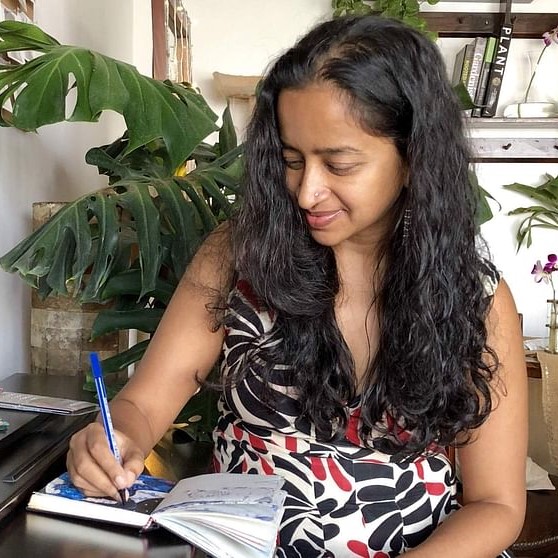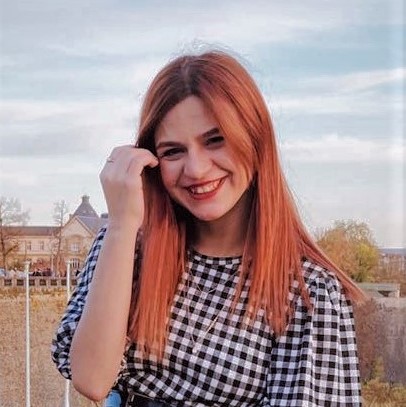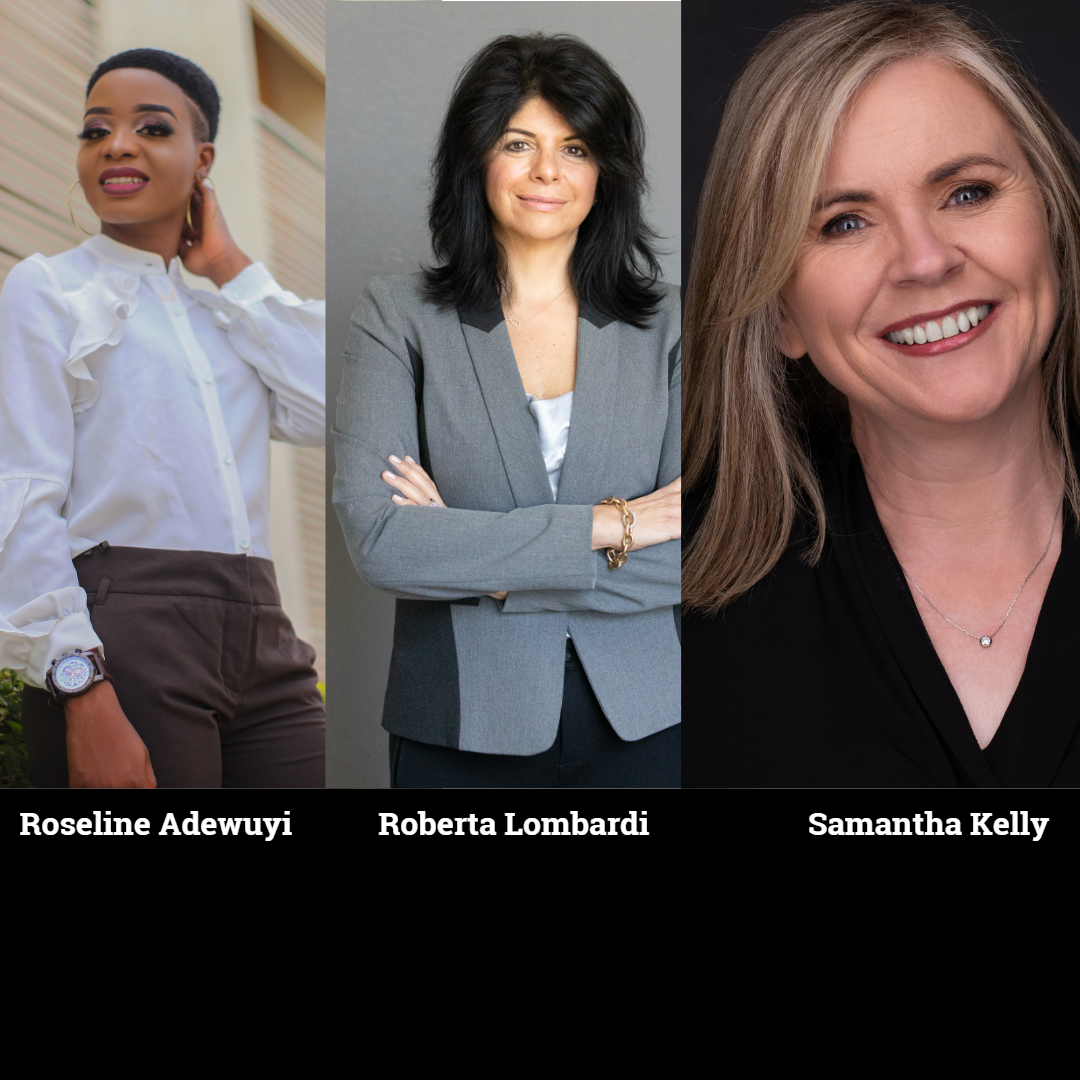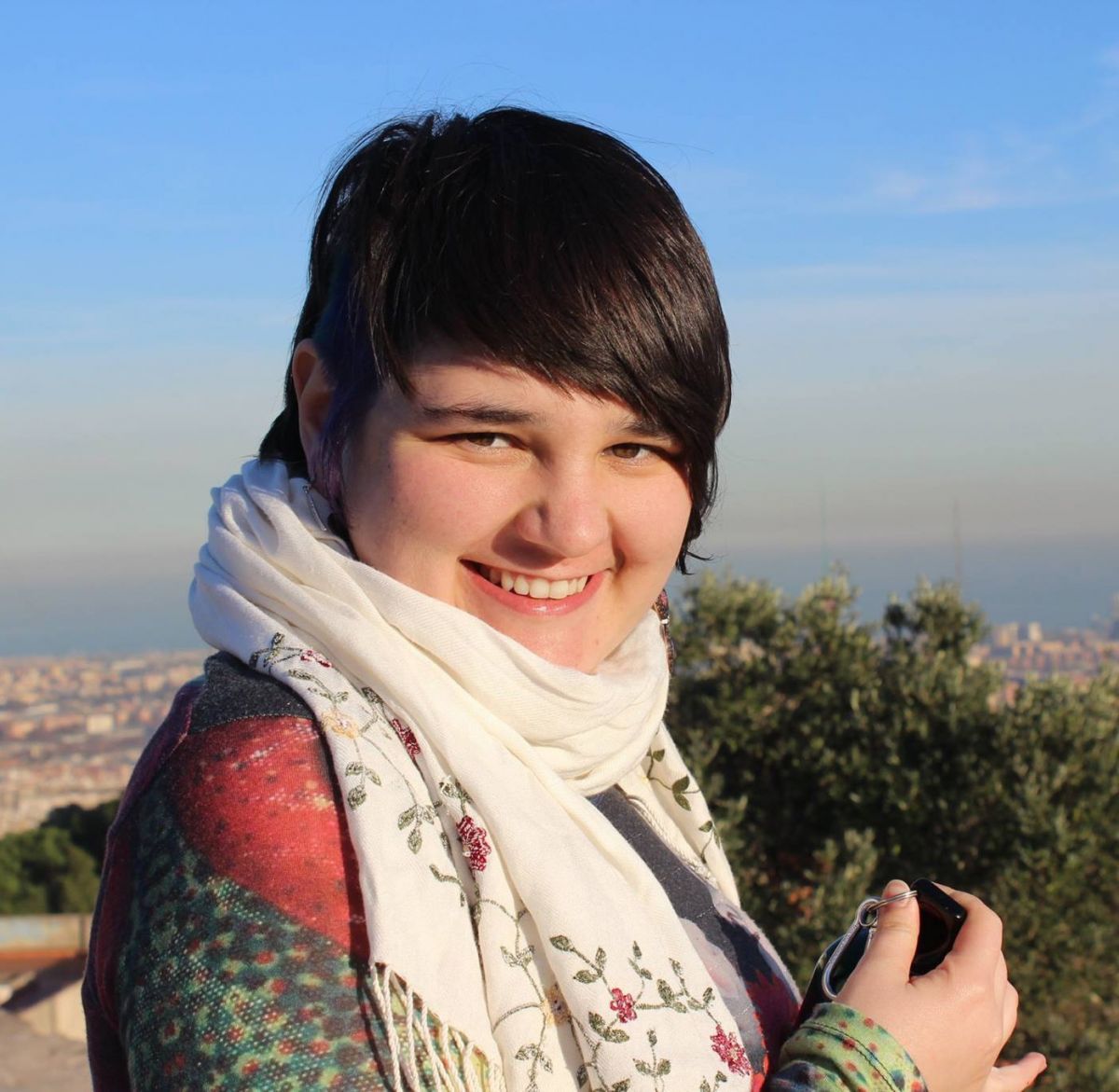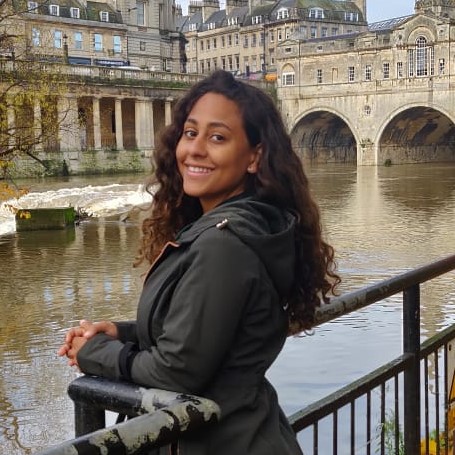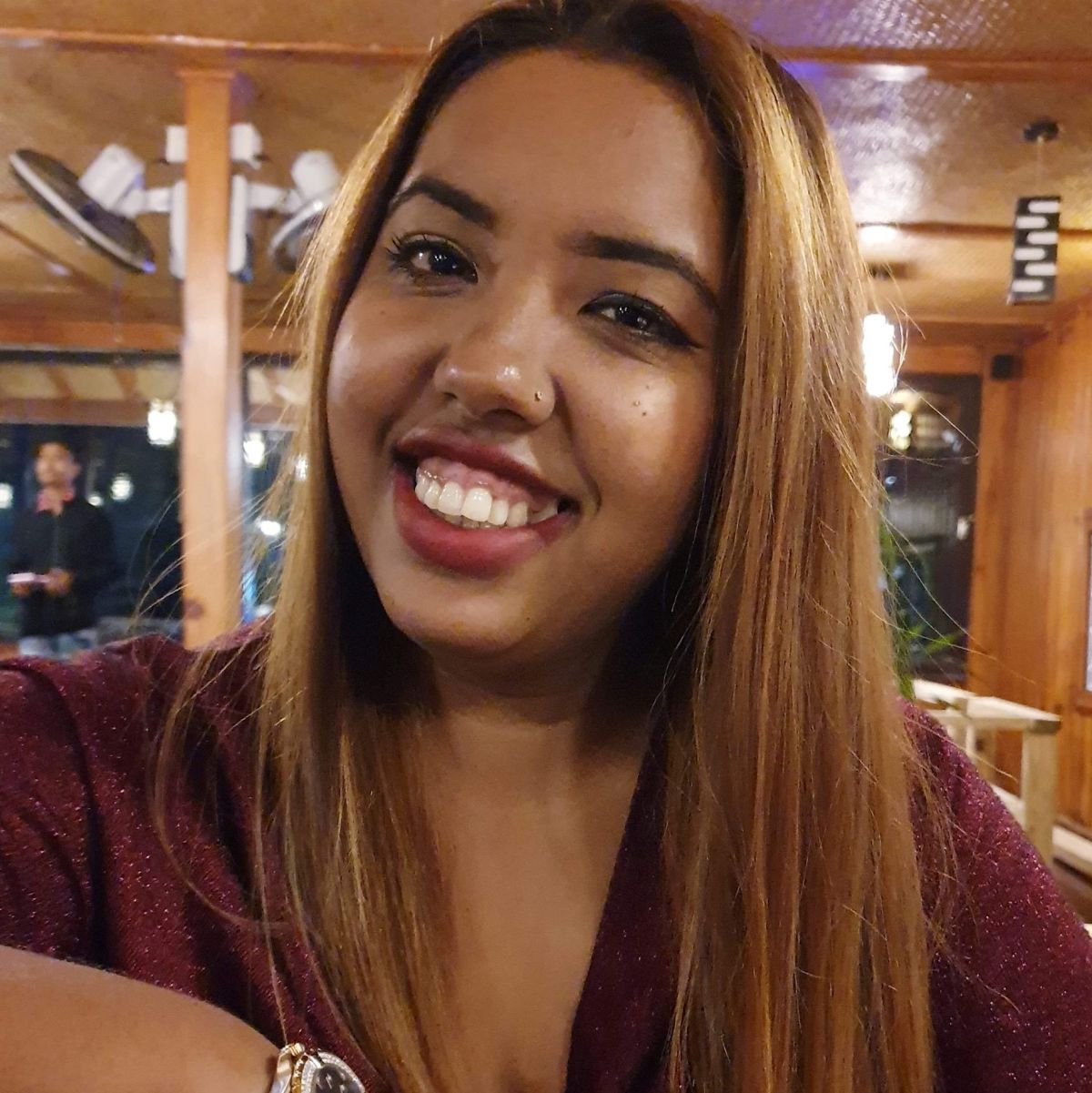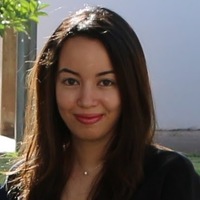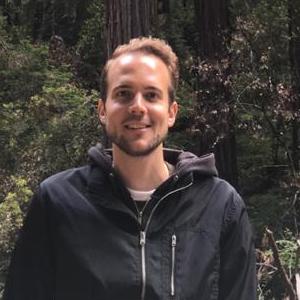LoveSexandTech
Through her online art and activism, Indu created space for survivors of intimate violence to share their stories and to share with them the ideas that helped her.
India, Southern Asia
Story by Indu Harikumar. Edited by Stephanie Hamel and Charu Thukral
Published on October 10, 2021.
Reading time: 4 minutes
This story is also available in 
Content Warning: This story contains mentions of intimate partner violence that may be upsetting for some readers.
In 2020, the Association for Progressive Communications[1] supported me through a grant that allowed me to document and study the shrinkage of internet space occupied by women due to gender-based violence in intimate relationships. My project documented the forms of restriction, surveillance and control placed on women by intimate partners, which leads to unequal access to virtual spaces and sometimes to abuse. My project also documented how some of us victims managed to reclaim our space.
The project was proposed as #LoveSexandViolence, but I decided to name it #LoveSexandTech because I felt that many victims and survivors of gender-based violence in intimate relationships may not look at what they go through as violence. When I faced intimate violence myself, I didn't have the vocabulary to label it or make sense of it. I was ridden with shame, torn and heartbroken. I modified the title of my project because a younger me wouldn't have called what I’ve been through ‘violence.’ Calling the abuse ‘violence’ would have meant that the complex relationship I was in was wrong, and that I would have been wrong—for wanting to fix the relationship and for having found love in it.
When I faced intimate violence, I didn't have the vocabulary to make sense of it.
Reading Meena Kandasamy's piece about her abusive marriage, and later her 2017 novel When I hit you, helped me make some sense of my pain. Her words helped me cope; I felt less alone. So when I started #LoveSexandTech, I hoped to help other women the same way that Meena’s words helped me. It took me years to unpack my experience and to stop blaming myself, and it took this project for me to let go of the remnants of the hurt and shame.
I wanted to have a safe feminist space for survivors to open up and share their stories. I wanted them to have control over their own narratives, to showcase their stories so that the listeners understand they are not alone, and to feel solidarity. Most importantly, I wanted to create a space for respectful and kind dialogue to address issues related to gender-based violence.
When the stories started trickling in, a lot of them described acts of transgression and violence, but not how the victims felt or why they stayed in violent relationships. In some stories, I thought it was necessary to probe the writers, while also telling them to only share what they were comfortable with. This was extremely tricky for me because I didn't know if anything I may be asking would be triggering to the writers. They talked about how they had shut down their experiences—not addressing them at all or downplaying them.
Revisiting their traumas was painful for these women and for myself, but it was also cathartic
I saw this reflected when I organised polls on social media asking women if they had talked about the abuse that they were going through with their friends. Some said that they had shared a watered-down version. Others said that they didn't share because they didn't want their friends to say: "Why do you choose these men?" Another said: “I needed the validation and I didn't want my friends to say—leave him.”
Revisiting their traumas was painful for these women and for myself, but it was also cathartic. While the writers were vulnerable and generous with their experiences, they gave readers a vocabulary—a similar kind of vocabulary that reading Meena Kandasamy's piece gave me. Reading these women’s contributions to #LoveSexandTech made me feel that I’d made a small change by bringing the topic of gender-based violence in intimate relationships to light.
[1] APC is an international network of civil society organisations, founded in 1990, dedicated to empowering and supporting people working for peace, human rights, development and protection of the environment, through the strategic use of information and communication technologies (ICTs).
How does this story make you feel?
Follow-up
Do you have any questions after reading this story? Do you want to follow-up on what you've just read? Get in touch with our team to learn more! Send an email to [email protected].
Talk about this Story
Please enable cookies to view the comments powered by Disqus.
Subscribe to our Monthly Newsletter
Stay up to date with new stories on Correspondents of the World by subscribing to our monthly newsletter:
Tags
Topic: Gender
> Greece
The moment a girl becomes a woman: a story of psychological abuse - Part 1
A story by Maria Sotiropoulou
4 min
I observed women around me falling over and over again. I did not think that at some point in my life I might fall too. Read more...
> Nigeria, USA, Ireland
Making a Difference, One Woman at a Time
A story by Roseline, Roberta and Samantha
9 min Long Read
It takes one woman to make a difference, but to shake the world, you will need hundreds. What these women have in common is their burning desire to bring change in their societies. The first step to achieving greatness is recognizing a problem and seeking out ways to help. Read more...
> Spain
Social and Interiorized Lesbophobia in Spain
A story by Laura Fernández Aguilera
3 min
It was interiorized lesbophobia, or having negative feelings about lesbianism while being a lesbian. As if the mainstream gaze was inserted as a judgment inside me. Read more...
Explore other Topics
Get involved
At Correspondents of the World, we want to contribute to a better understanding of one another in a world that seems to get smaller by the day - but somehow neglects to bring people closer together as well. We think that one of the most frequent reasons for misunderstanding and unnecessarily heated debates is that we don't really understand how each of us is affected differently by global issues.
Our aim is to change that with every personal story we share.
Community Worldwide
Correspondents of the World is not just this website, but also a great community of people from all over the world. While face-to-face meetings are difficult at the moment, our Facebook Community Group is THE place to be to meet other people invested in Correspondents of the World. We are currently running a series of online-tea talks to get to know each other better.











